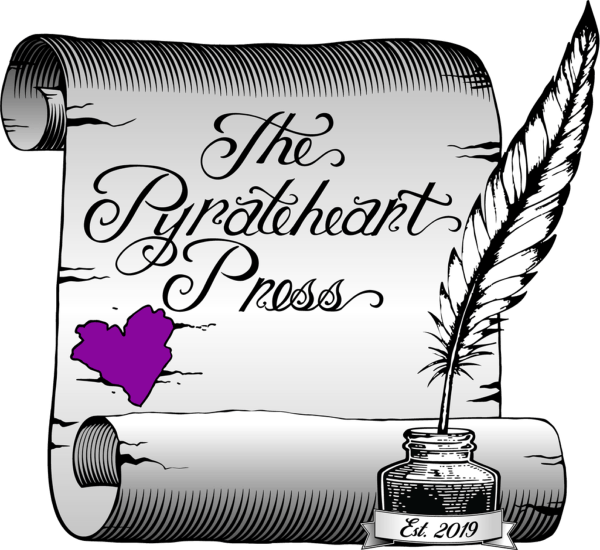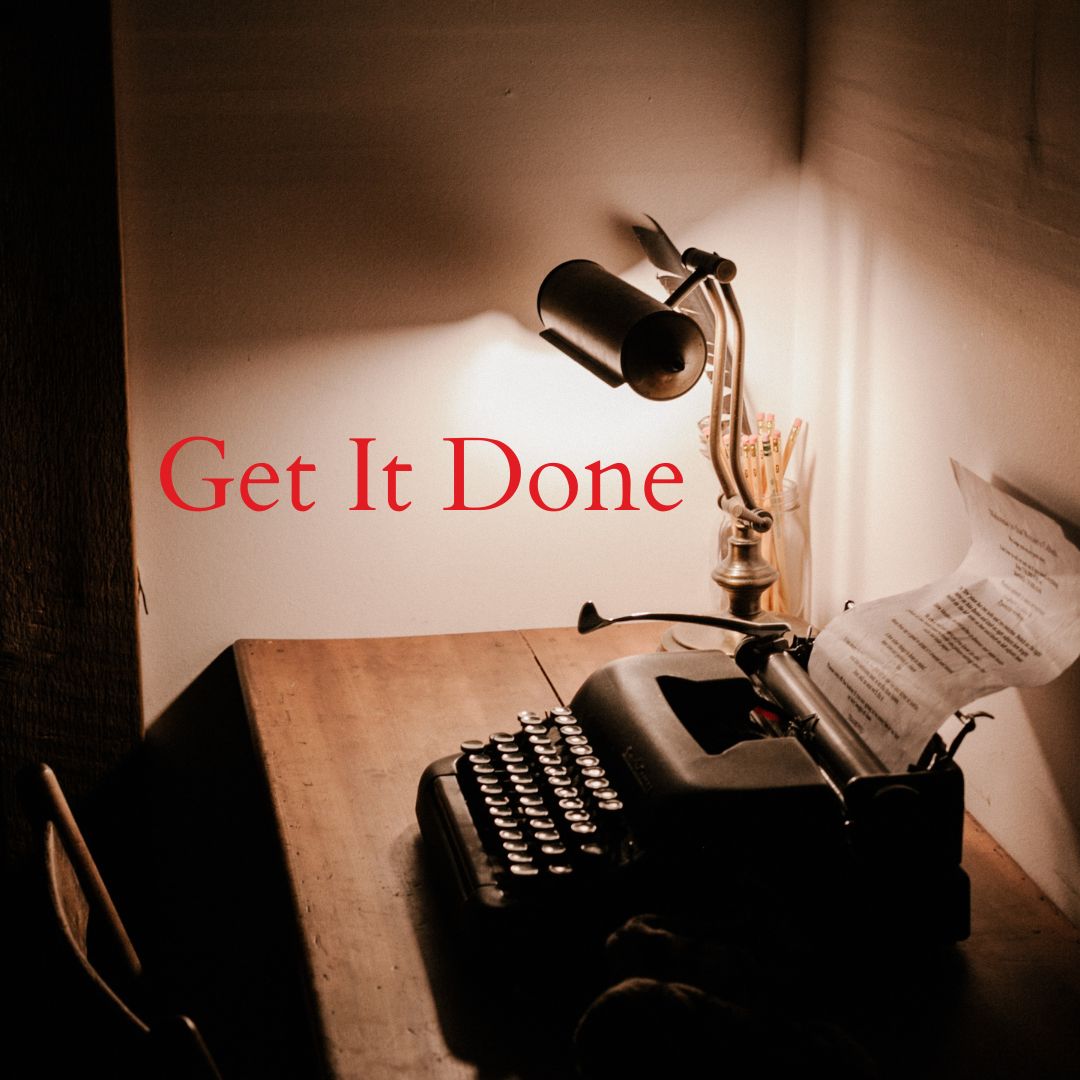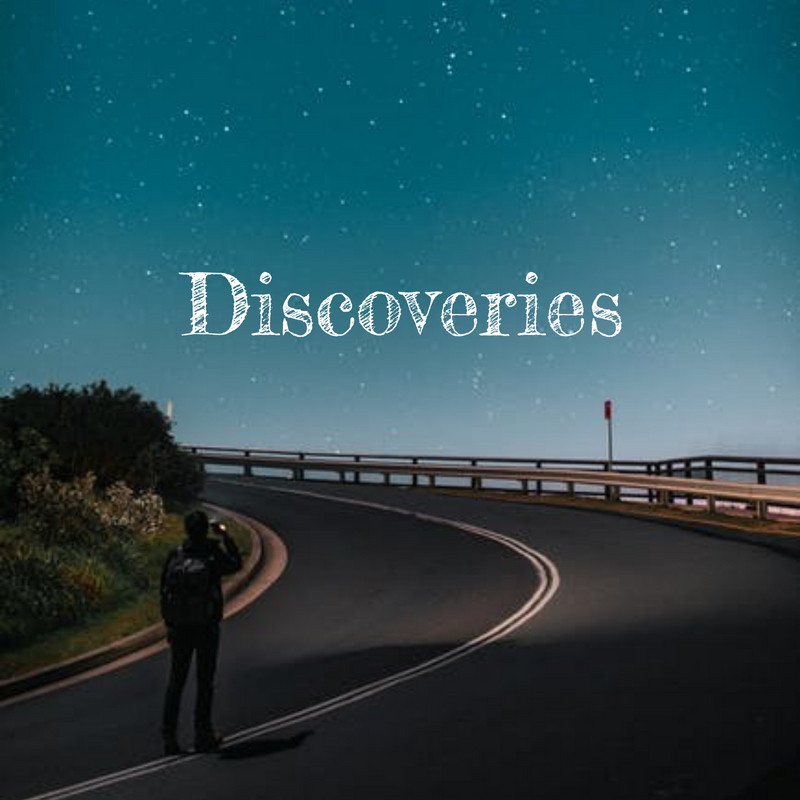Killing Your Babies
When deciding upon what subject to write blogposts on, it comes down to three types for me. I can write something about the professions, i.e., writing or editing or whatever else I feel the need to discuss when it comes to the trade.
Or I can rant. Like most people I get a certain joy out of ranting about something in life. Rants are rarely encouraged in actual life, so this blog helps me get what I need out of my system. Sometimes you readers agree, sometimes you don’t, but I find my rants get far more attention than any of my other types of posts.
Then there is the third type of blog I write. The “I don’t know what to write about so I will write about the first thing that pops into my head” blog post. This differs from the rants since rants are specific. I consider this third type of blog post to be simply fun.
Today I decided to go for the first type of blogpost. In this instance I wanted to discuss what is commonly referred to as “killing your babies” in the trade. It is something I often talk about with my authors and writers. It is something I encourage new writers who are self-editing to do.
The longer I am involved in the publishing game, the more I realize the truth in the expression. Killing your babies is considered a Stephen King expression and it is one I think is the best label for what you must do as a writer, an author, an editor, or a publisher. Somewhere in the writing of any type of work, you often discover a piece of writing that is superb but has nothing whatsoever to do with the actual book it is attached to.
The writer has gone off on a tangent. As an editor, I discovered a long time ago the process of editing is all about questions. You ask yourself a million questions by the time you have completed editing the work. The questions start for me in the content area. I ask myself if this character belongs in this work? Does the background need to be more alive or subdued? Is the dialogue correct? Should it be more or less? Are the characters speaking like who they represent? Is the subplot correct for this work?
This goes on and on. It is in this content edit that I often discover the writer’s “babies.” These are often superbly written pieces that often have little or nothing to do with the actual story. Or they have a minor connection, which if removed, takes nothing away from the story. Let me illustrate my point.
I personally wrote a manuscript I titled Tank . A story about child abuse and the horrors of sadism and pedophilia. The manuscript contained over a hundred thousand words. It outlined in horrific detail what happens to children, especially young boys, and the fallout it leaves in their lives. Their entire lives.
I submitted the completed work to my writer’s circle. Let me take off on a tangent myself right now. If you don’t have a writer’s circle you can count on, then get one. It took me years to find writers who I could trust to tell me what they noticed in my writing and what needed to be fixed.
Back to the topic on hand now. At that time, I had three people in my writer’s circle. Hardcore readers each and every one of them. They wrote of course but what I cherished about them was their eclectic choices in reading and their ability to enjoy a work which has not been censored. Tank was as uncensored as it got.
I thought the book was fantastic. I personally adored several of the chapters I had created. Enjoyed what they told and how it was told. My vanity and pride had surfaced on this work. A deeply personal work for me. A work these three individuals tore apart.
They liked the premise of the story. Liked the ending I had devised and that was about the only things any of them liked. I pushed the work away and moved onto other things. At this juncture in life, we had been working on getting the Pyrateheart Press into an actual business and I didn’t need to publish anything. I had writers producing work I could edit, polish and publish.
Then one day I broke out Tank . Sent it out to the newer members of my writing group. The group had grown to nine people, so I had six more to review the work. One of them asked me a question. Asked me what the book was really about? Was it about the abuse I described in such detail or was it about Tank and the girl?
It was the first time anyone asked me that question. It was the first time anyone asked any questions. Most of them simply told me what they disliked. Instead, this person, Anna Smythe, simply asked me the most important question about my book. What was it really about?
The answer to her question turned out to be something I hadn’t expected. The actual story was about Tank and the little girl. This caused me quite a bit of grief as I sat and reread the story and began to chop out entire chapters as unnecessary. Chapters which had been up to that point in my writing career some of the best work I had ever written. My babies as it were had to be killed off.
The story about Tank moved from an epic to a novella. Barely a novella at that. It didn’t take tons of writing to tell the story of Tank. But it did take a simple question.
Questions are what drives an editor. Does this sentence belong with that one? Is this paragraph necessary to the story? Is this chapter? Do they connect so this story flows from one word to the next, one sentence to the next, one chapter to the next?
IF YOU ARE SELF-EDITING, TAKE THE TIME TO ASK YOURSELF QUESTIONS. Take the time to let your work out to other people to review. They don’t need to be writers. Often writers have a prejudiced viewpoint about creating a work.
Sometimes what you need is someone who is a hardcore reader. Some who will tell you if they liked the book. Who can tell you where it slows down and where something really isn’t needed. I enjoy these people. Their viewpoints are often tainted by their love of reading which is what I want. I want those who love to read to review the works of my authors. It truly helps in the long run.
The best thing I can tell someone who writes is to write. To get it all down. To empty themselves of everything they want to put into the story. This is a first draft. Let me repeat this. It is a first draft, and very often, the final book rarely resembles the first draft.
So, prepare yourself. Even if you are doing your own editing there will come a time in the editing process where you will ask yourself the question: does this belong in my story? It usually will be your best work and yes, it won’t belong. You will find yourself considering “killing your baby.” When you do, and you will, you will also watch as the story flows once more. That what you removed, even though you loved it, wasn’t good for the story. And in the end, telling good stories is what we are all about.

I’m Ross, the Editor-in-Chief at The Pyrateheart Press and I’m out.





